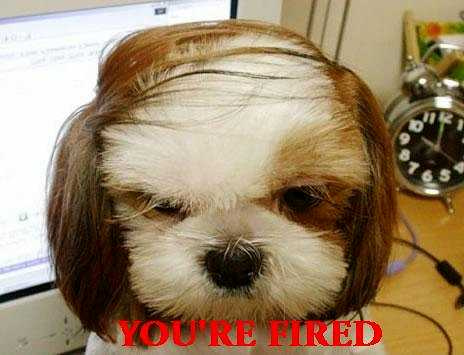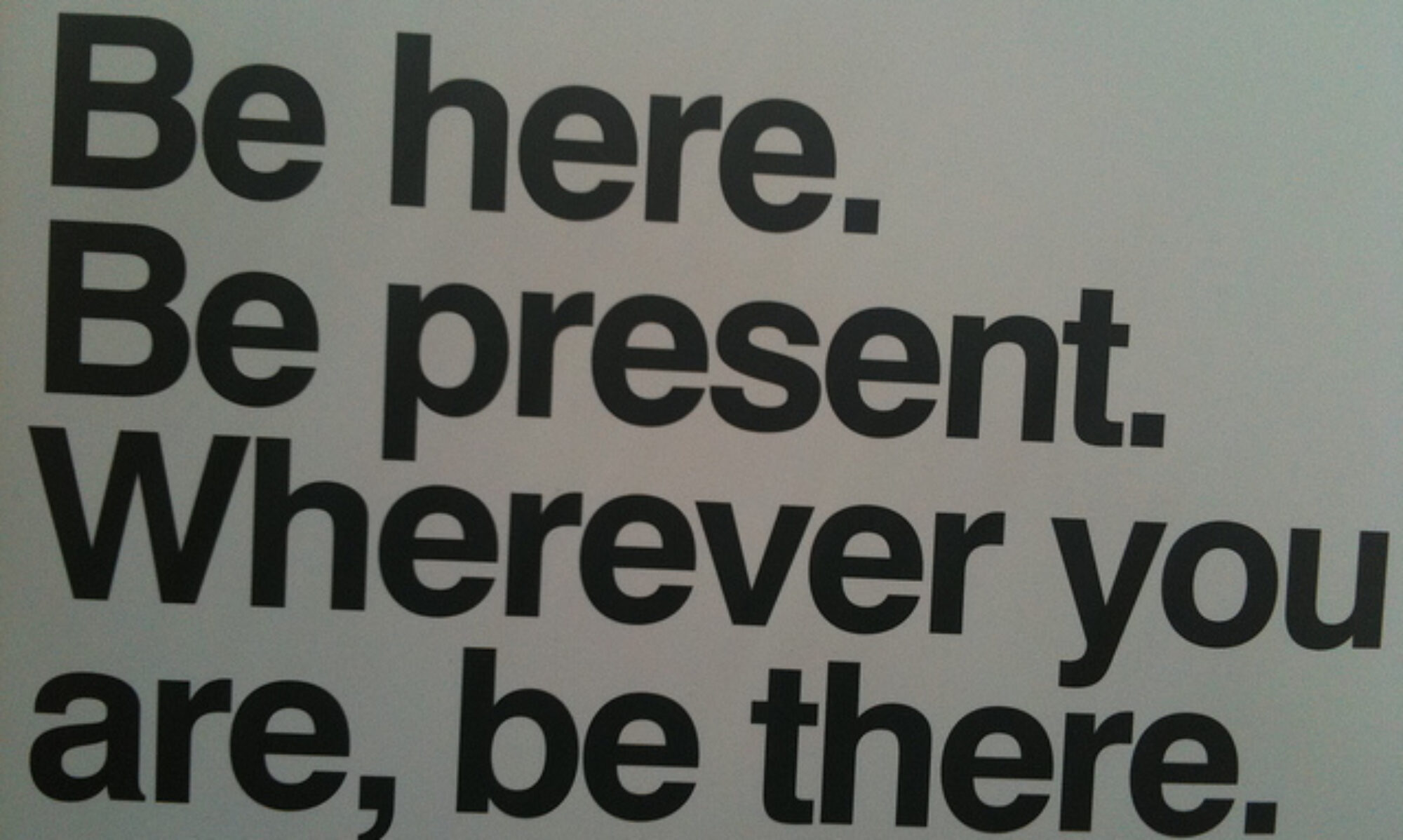
I sometimes manage to miss anniversaries – like when I started blogging – but an upcoming date has not missed my notice. It’s been (about) a year since I got fired for the first time. In those (nearly) 365 days, I’ve learned quite a bit about myself, professionalism and coping with personal setbacks.
Make a plan – I saw my fate coming from a distance, so it gave me time to prepare. Once it happens to you, it’s normal to want to sit down and sulk, kick rocks and curse and generally be mad at life. If that helps, do it…but do it short-term. Then you get up, dust yourself off and start making a strategy. Nothing good comes from wallowing in your misery. Most importantly, piss poor planning prevents proper performing (thanks band years!). Takeaway: Always have a plan B (and C), even if you think you’ve found the dream job.
Maintain a network – As I mentioned, I had a bit of a head start so I was able to reach out to my network before the hammer dropped. The fact that I had kept in touch even during the times I didn’t need anything likely helped move things along when I did need them. When I reached out to them about opportunities, it wasn’t from a perspective of “I need” but “How can I help you?” That subtle shift got me more opportunities and recommendations than submitting dozens of online applications. Takeaway: The most important question someone in need can ask isn’t “Can you help me?” but how “How can I help you?”
Invest in yourself – Losing my main source of income naturally made me want to shut down all “unnecessary” spending. I reconsidered this stance when a work associate, Tawanna Browne Smith, someone who knew my industry and had provided me with great feedback, recommended I link up with Mia Redrick. In the past 10 months, Mia has provided me with a blueprint for entrepreneurship and personal and group accountability. If you’re thinking of coaching, seriously, check her out. Takeaway: Strategic investments in your skills – continuing education, professional development, coaching – is a worthy measure if you believe it will help you get past your current situation.
Brand yourself – During a group session, we were asked if someone had to describe our services or expertise, had we given them enough to do so? A year ago, I’d been blogging but not about my area of knowledge. Since then I’ve launched my own website (where you are now), and I’ve begun using this site and my Twitter account (@VeleisaP) to tell more about myself as a professional. Another investment, but very much worth the price when it comes to search results on my name and my brand. Takeaway: Your name is often your entree into opportunities; make sure you are the one telling your story both in person and online.
That’s my wisdom. What advice would you give to a professional going through the transition that comes from being fired? I’ll share your comments via my Twitter account.

This is a great post, Veleisa. Thanks for sharing this. Several additional points I would make for anyone facing this sort of situation:
• If there are things you feel your employer absolutely must hear, say them as soon as a superior finishes telling you why you’re being let go. Once you leave that workplace for the last time, let there be closure: Don’t stew later over things you’d like to say.
• Think if there were any potential red flags you ignored when pursuing that job. That will help you avoid unpleasant situations later.
• Think if there were any things you could have done differently. What happened may have been beyond your control, but you may be able to identify opportunities for improvement, too.
Thank you, Richard! That list tip has made me a much better employee, because I’m trying to think a few steps ahead so I’m not surprised again.